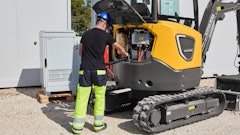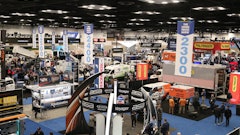State buildings would be effectively banned from using environmentally friendly construction standards known as LEED certification, under a measure passed Monday by a committee in the Georgia Senate.
The “wood wars” battle over the national certification system comes as the state’s timber industry claims it discriminates against the use of local wood products that aren’t registered through the Forest Stewardship Council (FSC). LEED credit for FSC Certified Wood is gone from LEED v4, the new MRc3 credit, “building product disclosure and optimization – sourcing of raw materials” is a new source of controversy. To receive the credit, a project must use “at least 25%, by cost, of the total value of permanently installed building products.” For wood products, the credit requires products “certified by the Forest Stewardship Council or USGBC-approved equivalent." According to the Georgia Forestry Association, only about 32,000 acres of the timber industry’s 20 million acres in Georgia currently meet that standard —since much of the industry here uses competing guidelines.
Earlier battles in the wood wars, when the FSC Certified Wood credit was at the center of controversy, resulted in Congress halting funding of 2012 and 2013 Department of Defense LEED Gold and Platinum projects, lead Maryland and other states to enact laws and issue Executive Orders to not pursue the FSC Wood credit on government LEED projects, and more.
New regulations in Georgia would require that equal credits be given to certain forestry certification systems when using green building standards in state construction, operation, repair and renovation projects.
There are currently more than 100 state buildings with a LEED rating, but supporters of House Bill 255 say the state should do more to promote Georgia-grown wood. “It’s a fairness and ‘protect Georgia jobs bill,’ to be honest with you,” said the bill’s sponsor, state Rep. Mike Cheokas, R-Americus.
The bill does not apply to private construction. Critics, however, said the ban would extend to state-sponsored construction at the state’s public universities and colleges. They called the effort shortsighted and unnecessary, since existing law already requires the use of Georgia forest products in state buildings.
The LEED system is administered by the Washington-based U.S. Green Building Council and has become a brand-name force in the green construction industry. Many believe this opposition might be expected when LEED commands a 95% market share in the multi-billion dollar certified Green building market.
Passage by the Senate Agriculture and Consumer Affairs Committee now sends HB 255 to the chamber’s Rules Committee, which decides when to schedule bills for a floor vote. The committee made some changes to the bill, so it would also still need another vote of approval from the House.
It is unlikely that the U.S. Green Building Council will similarly accept any of the more than 50 ‘forest management practice’ programs across the globe, and the organization’s longstanding exclusive relationship with FSC will continue. Some have suggested that the ongoing reworking of the v4 material credits will allow USGBC to ‘set things right’ not just with lumber but also with the larger controversies surrounding materials, stemming the anti v4 tide.
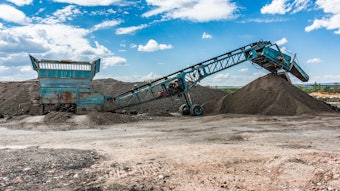
![Img 1707[56]](https://img.forconstructionpros.com/files/base/acbm/fcp/image/2023/04/IMG_1707_56_.6437076c97961.png?auto=format%2Ccompress&fit=crop&h=191&q=70&rect=0%2C462%2C1920%2C1080&w=340)












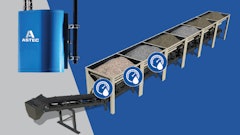


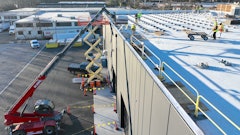
![Glp Porsche 072723 465 64ee42287c29e[1]](https://img.forconstructionpros.com/files/base/acbm/fcp/image/2024/03/GLP_PORSCHE_072723_465.64ee42287c29e_1_.65e88b8589b9c.png?auto=format%2Ccompress&fit=crop&h=135&q=70&rect=0%2C520%2C2250%2C1266&w=240)





